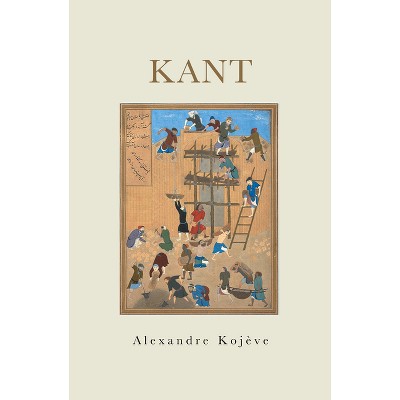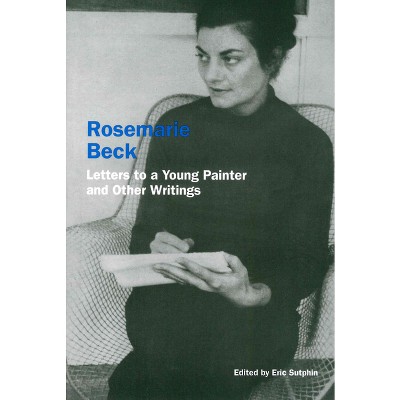$26.99 when purchased online
Target Online store #3991
About this item
Highlights
- While Kant is commonly regarded as one of the most austere philosophers of all time, this book provides quite a different perspective of the founder of transcendental philosophy.
- About the Author: Immanuel Kant was a German philosopher and is widely recognised one of the most important thinkers in the history of philosophy.
- 280 Pages
- Philosophy, Individual Philosophers
Description
About the Book
"Commonly regarded as one of the most serious philosophers of all time (this is a man who took his daily walk at precisely the same time each day), Kant's Humorous Writings explores a dimension of Kant's work that has hitherto been almost entirely ignored but which casts his philosophy into a new light. With entirely new translations of Kant's bon mots, quips, and anecdotes, supplemented by historical commentary and numerous illustrations, this guide outlines just why these pieces were important to both the man and his work"--Book Synopsis
While Kant is commonly regarded as one of the most austere philosophers of all time, this book provides quite a different perspective of the founder of transcendental philosophy. Kant is often thought of as being boring, methodical, and humorless. Yet the thirty jokes and anecdotes collected and illustrated here for the first time reveal a man and a thinker who was deeply interested in how humor and laughter shape how we think, feel, and communicate with fellow human beings.In addition to a foreword on Kant's theory of humor by Noël Carroll as well as Clewis's informative chapters, Kant's Humorous Writings contains new translations of Kant's jokes, quips, and anecdotes. Each of the thirty excerpts is illustrated and supplemented by historical commentaries which explain their significance.
Review Quotes
For many readers, 'Kant' and 'humor' are two words that do not belong together in the same sentence. But in his detailed and engaging study, Robert Clewis gives the lie to this popular prejudice. The sage of Königsberg was both a fairly serious theorist of humor as well as a teacher who often sought to enliven his lectures with a good joke or two.
Robert B. Louden, Distinguished Professor and Professor of Philosophy, University of Southern Maine, USA
About the Author
Immanuel Kant was a German philosopher and is widely recognised one of the most important thinkers in the history of philosophy.
Dimensions (Overall): 8.4 Inches (H) x 5.4 Inches (W) x .7 Inches (D)
Weight: .75 Pounds
Suggested Age: 22 Years and Up
Number of Pages: 280
Genre: Philosophy
Sub-Genre: Individual Philosophers
Publisher: Bloomsbury Publishing PLC
Format: Paperback
Author: Robert R Clewis
Language: English
Street Date: November 12, 2020
TCIN: 94573422
UPC: 9781350112797
Item Number (DPCI): 247-37-0404
Origin: Made in the USA or Imported
Shipping details
Estimated ship dimensions: 0.7 inches length x 5.4 inches width x 8.4 inches height
Estimated ship weight: 0.75 pounds
We regret that this item cannot be shipped to PO Boxes.
This item cannot be shipped to the following locations: American Samoa (see also separate entry under AS), Guam (see also separate entry under GU), Northern Mariana Islands, Puerto Rico (see also separate entry under PR), United States Minor Outlying Islands, Virgin Islands, U.S., APO/FPO
Return details
This item can be returned to any Target store or Target.com.
This item must be returned within 90 days of the date it was purchased in store, shipped, delivered by a Shipt shopper, or made ready for pickup.
See the return policy for complete information.
Trending Poetry


$11.98 - $23.49
was $17.99 - $32.99 New lower price
Save $5 when you spend $25 on select books
5 out of 5 stars with 10 ratings

$11.88
MSRP $12.99
Save $5 when you spend $25 on select books
4.7 out of 5 stars with 14 ratings

$13.88 - $15.00
Select items on sale
Save $5 when you spend $25 on select books
4.7 out of 5 stars with 619 ratings


$12.54
MSRP $22.00
Save $5 when you spend $25 on select books
4.7 out of 5 stars with 20 ratings






